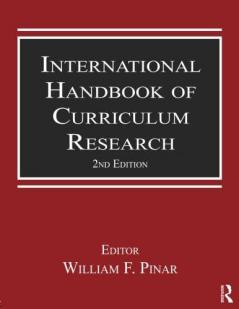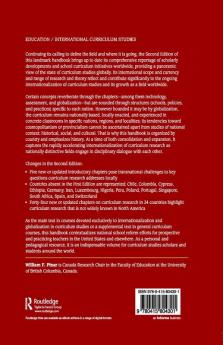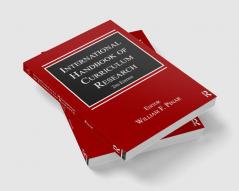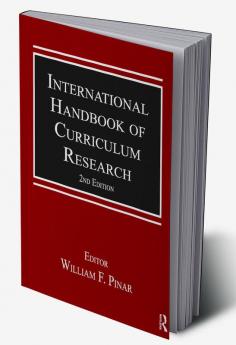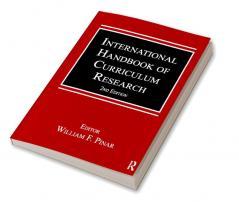by
English
Paperback
₹10686
₹13560
21.19% OFF
(All inclusive*)
Delivery Options
Please enter pincode to check delivery time.
*COD & Shipping Charges may apply on certain items.
Review final details at checkout.
Looking to place a bulk order? SUBMIT DETAILS
About The Book
Description
Author
<p>Continuing its calling to define the field and where it is going the Second Edition of this landmark handbook brings up to date its comprehensive reportage of scholarly developments and school curriculum initiatives worldwide providing a panoramic view of the state of curriculum studies globally. Its international scope and currency and range of research and theory reflect and contribute significantly to the ongoing internationalization of curriculum studies and its growth as a field worldwide. </p><p>Changes in the Second Edition:</p><ul> <p> </p> <li>Five new or updated introductory chapters pose transnational challenges to key questions curriculum research addresses locally.</li> <p> </p> <li>Countries absent in the First Edition are represented: Chile Colombia Cypress Ethiopia Germany Iran Luxembourg Nigeria Peru Poland Portugal Singapore South Africa Spain and Switzerland.</li> <p> </p> <li>39 new or updated chapters on curriculum research in 34 countries highlight curriculum research that is not widely known in North America. </li> </ul><p>This handbook is an indispensable resource for prospective and practicing teachers for curriculum studies scholars and for education students around the world. </p>
Delivery Options
Please enter pincode to check delivery time.
*COD & Shipping Charges may apply on certain items.
Review final details at checkout.
Details
ISBN 13
9780415804301
Publication Date
-03-09-2013
Pages
-572
Weight
-1545 grams
Dimensions
-210x280x30.2 mm



